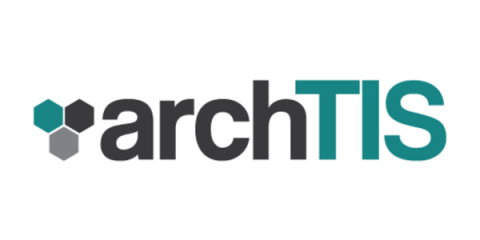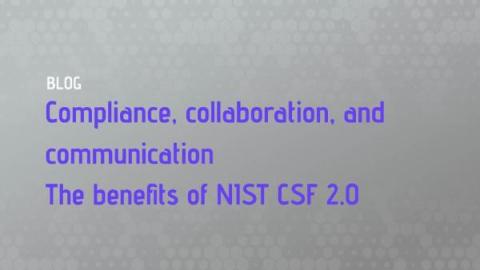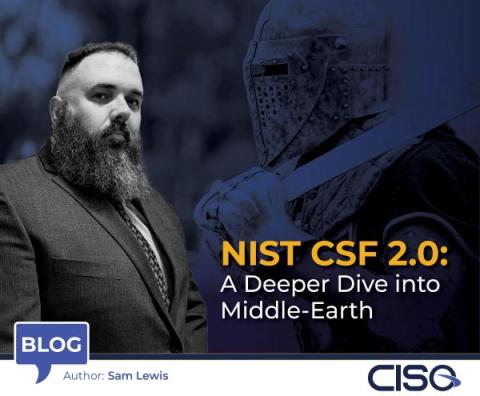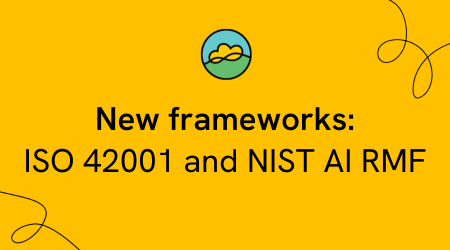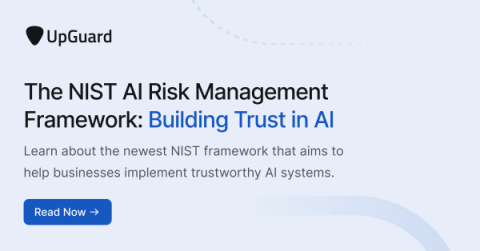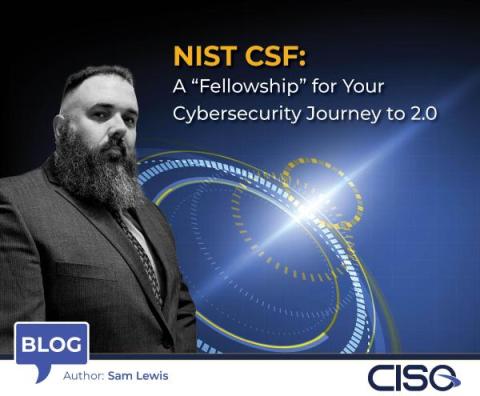NIST CSF 2.0: Understanding and Implementing the Govern Function
Eleven years ago, the White House issued Executive Order 13636, which tasked the National Institute of Standards and Technology (NIST) with the creation of a cybersecurity framework (CSF) that would help better protect the nation’s critical infrastructure.



